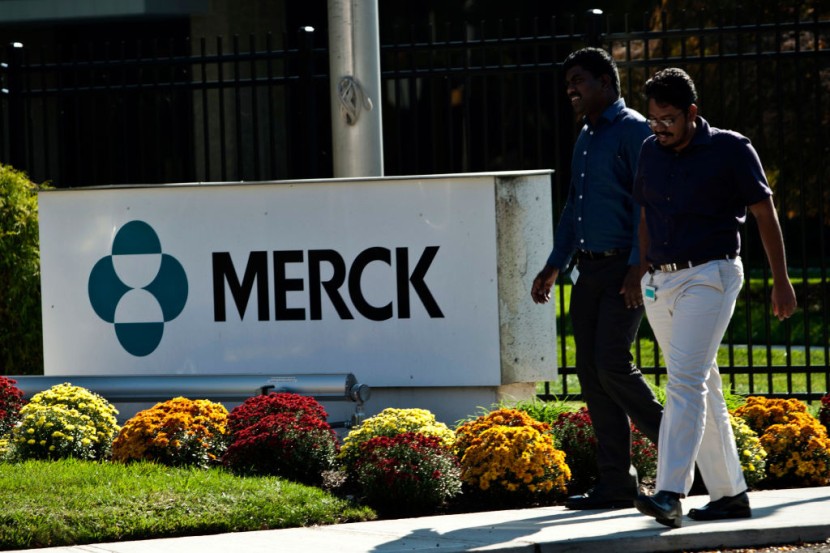
Merck & Co., is selling the US government its experimental COVID-19 pill, which decreases the risk of hospitalizations and deaths by 40 times the production cost.
A five-day course of the pill costs $17.74 to make, according to a paper from the Harvard TH Chan School of Public Health and King's College Hospital in London.
The pharmaceutical firm is billing the Biden administration $712 for the same quantity. The COVID-19 pill, which reduced hospitalization and mortality rates by half when compared to a placebo, was intended to be a game-changer since it is easier to administer than monoclonal antibody therapies, which need an IV.
Is Monulparivir the answer to stop the spread of COVID-19?
The expensive price, on the other hand, may keep the medicine out of reach for the people who need it the most. Molnupiravir is an antiviral medication created by Emory University's drug innovation firm, Drug Innovation Ventures at Emory (DRIVE), in Atlanta, and licensed by Ridgeback Biotherapeutics in 2020.
Ridgeback eventually sold the global rights to Merck & Co for an undisclosed sum. In June, the government and Merck agreed to a $1.2 billion contract for 1.7 million courses of the medication if it is approved for emergency use by the FDA.
That means that each cycle of the medication would cost $1.41. However, it appears that the medication will now cost 600 times as much. The federal government provided $29 million in funding, as per The Intercept.
Emory received $10 million in financing from the Department of Defense while the National Institutes of Health received $19 million in grants, Daily Mail reported. According to Luis Gil Abinader, a senior researcher at Knowledge Ecology International, the US government has a duty to ensure that the drug is cheap because of the money it contributed.
Scientists warn broad usage of Merck's COVID-19 pill
The oral antiviral drug integrates into the virus's genetic composition, generating a huge number of mutations that eventually kill the virus. However, certain laboratory experiments revealed that the medication has the potential to create changes in the genetic material of mammalian cells, perhaps leading to cancer or birth abnormalities.
A Merck representative said animal testing shows that molnupiravir is neither mutagenic or genotoxic in vivo mammalian systems: "The totality of the data from these studies indicates that molnupiravir is not mutagenic or genotoxic in vivo mammalian systems," a statement says in part.
Dr. Raymond Schinazi, professor of pediatrics and director of the division of biochemical pharmacology at Emory University School of Medicine, issued a warning about NHC, the compound that molnupiravir transforms into after being consumed.
Because of the possible damage to young individuals of reproductive age or those who are pregnant, he urged caution with widespread use until additional evidence is available. Pregnant women are presently excluded from the Merck research.
According to an interim analysis published last week from the MOVe-OUT global Phase 3 trial, the experimental antiviral medication lowered the risk of hospitalization or mortality by nearly 50% compared to placebo in adult patients with mild-to-moderate COVID-19.
By Day 29 of the trial, only 7.3 percent of patients who got the experimental medication were hospitalized or died, compared to 14.1 percent of patients who were assigned to receive a placebo.
Within five days of starting the study, each patient had at least one risk factor for poor outcome and symptoms. The study's objective was to see if oral medicine might minimize hospitalization or mortality, as per Fox News.
Related Article: Russia Presses Bid for WHO's Approval of Sputnik V Vaccine As Country Grapples With 3 Times More COVID-19 Cases During Last Fall
@YouTube








